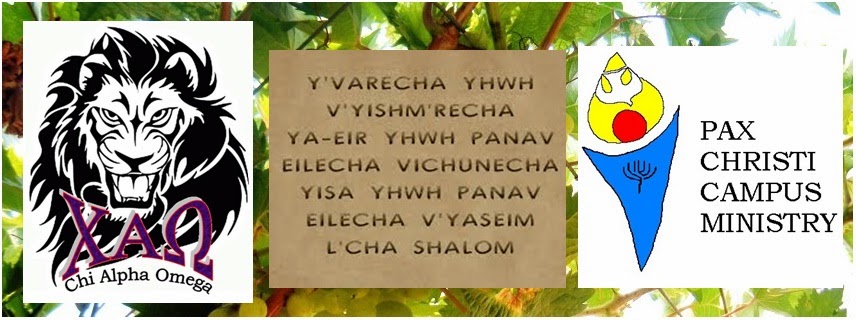Paul's phrase "speaking the truth in love" (Eph
4:15) is an allusion to Lev 19:17, 18 --
"You must not harbor hatred against your brother.
Rebuke your fellow directly, and you will not incur guilt because of him. Do
not take revenge or bear a grudge against members of your community, but you
shall love your fellow as yourself; I am YHWH."
1Cor 9 should not be taken to mean that Paul ate pork
with his Greek constituents, while only kosher food with his Jewish compadres.
Just as we're not authorized to sin in order to be culturally relevant, neither
was he.
-Michael Millier



